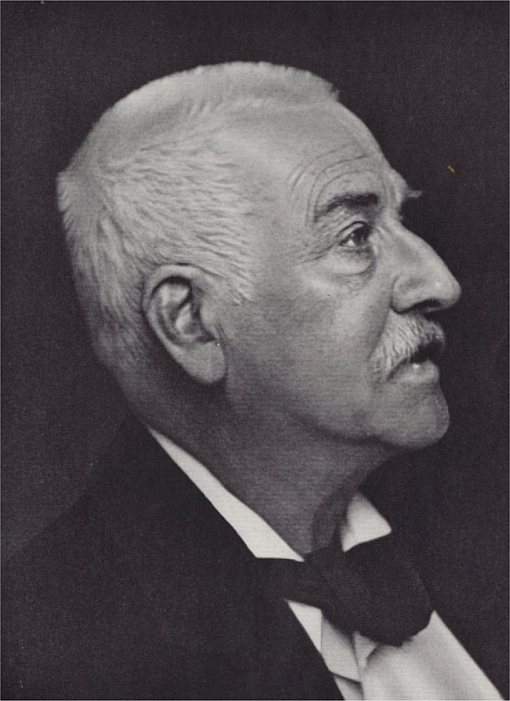
Bei allen Zerstörungen, läßt sich aber immer eins behaupten: weil uns die Ökonmie der Weltgeschichte im großen dunkel bleibt, wissen wir nie, was geschehen sein würde, wenn etwas, und sei es das Schrecklichste, unterblieben ware. Statt einer weltgeschichtlichen Woge, die wir kennen, wäre wohl eine andere gekommen, die wir nicht kennen, statt eines schlimmen Unterdrückers vielleicht ein noch böserer.
Nur soll deshalb kein Mächtiger sich zu entschludigen glauben mit dem Wort: »Tun wir’s nicht, so tut’s ein anderer,« womit jede Art von Verbrechen gerechtfertigt werden könnte. (Solche halten eine Entschuldigung übrigens auch meist nicht für nötig, sondern finden: »Was wir tun, schlägt ja eo ipso zum Glück aus.«)
Notwithstanding the many disruptions, one thing can be maintained with certainty: because the economics of history remain largely cloaked, we never know what would have transpired had some development – perhaps even the most terrible – been avoided. Instead of the historical balance which we know, another might have come, which we don’t know – in the place of a terrible repressor, perhaps one who is still more evil.
However, no person of power should be able to excuse his excesses simply by saying: “If I hadn’t done it, then another would have,” a phrase which could be used to justify any crime. (Such people by the way generally consider an excuse entirely unnecessary. They feel that “what we do will turn out for the best in any event.”)
—Jacob Burckhardt, Weltgeschichtliche Betrachtungen ch 6, “Über Glück und Unglück in der Weltgeschichte” (1897)(S.H. transl.)


